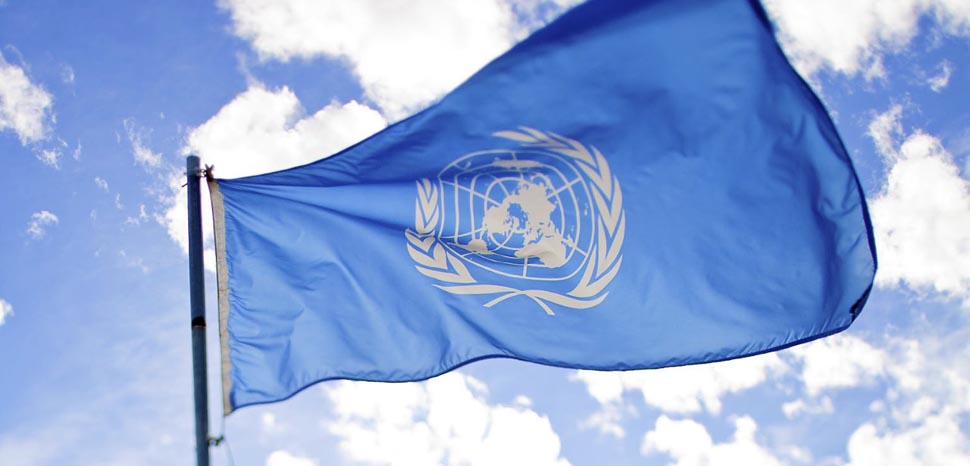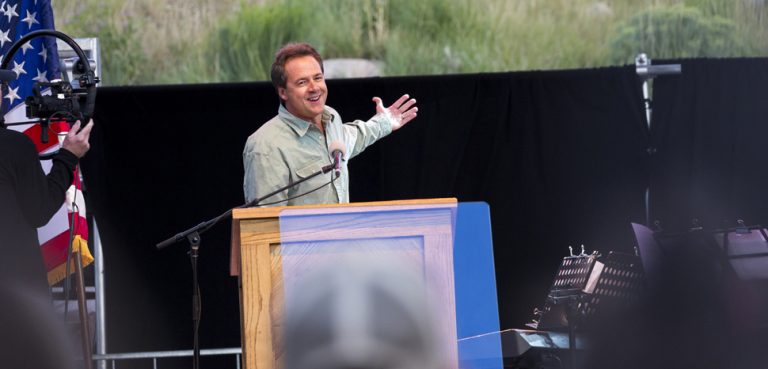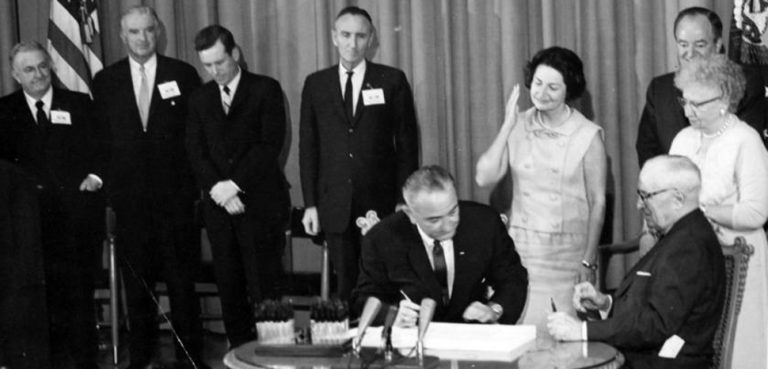On February 16th, 2019, US President Donald Trump’s nominee for Ambassador to the United Nations, State Department Spokeswoman and former Fox News Host Heather Nauert, withdrew from consideration after only being chosen barely a month before. Nauert cited family concerns, but it didn’t take long for Bloomberg to reveal that she had hired a nanny that was illegally working in the United States.
It was a good headline, making a splash across the front pages of countless news sites and watchdog groups within hours. But it would be foolish to accept Nauert’s hiccup at face value and move on. The incident serves as a reminder of a trait in the UN ambassador’s position that has weakened American national security: it’s virtually meaningless.
When the United States first became a member of the UN, foreign policy was being run completely out of the Oval Office. President Harry S. Truman made sure that practically every major decision came with a directive from his desk. But that didn’t mean the position was not prestigious or its holder without influence.
Warren Austin, the first ambassador to the UN, was a senator from Vermont and former minority leader when he assumed his position in 1947. A staunch anti-Communist, the former senator once compared the ideology to “apple sauce,” and he played a key role in the early shaping of US foreign policy. Upon his retirement in 1953, President Eisenhower appointed the recently defeated Sen. Henry Cabet Lodge Jr., who had lost his re-election bid to Rep. John F. Kennedy, to the post and shortly after gave it a cabinet-level rank so that Lodge would have closer access to the president.
With the exception of George H. W. Bush, the position has a history of being the last stop for public servants who didn’t make the cut for bigger ambitions. Adlai Stevenson, the ambassador for President Kennedy, was a two-time failed presidential candidate himself, as well as William Scranton, who served under Gerald R. Ford. Arthur Goldberg, who’s tenure was under LBJ, was a former Supreme Court justice and secretary of labor.
This disappointingly lackluster pattern for a position which should hold an immense amount of influence when it comes to global politics has been reduced to whatever the chief executive at the time wants it to be, which is usually a mouthpiece.
But on countless occasions, ambassadors proved that they had a better understanding of the global climate than the secretary of state or even the president, both of which overruled their advice countless times, usually out of arrogance and vanity. George W. Ball famously dissented against the rest of the Johnson administration in 1968 on the issue of Vietnam. Ambassador John Negroponte supported Secretary of State Colin Powell’s view that the 2003 invasion of Iraq was a mistake.
Perhaps it’s this historical trend that influenced the Trump administration to take a relaxed approach to finding a replacement to Nikki Haley when she announced her retirement in 2018. Despite there being no opposition among Republicans and only the usual threat of tough Democratic interviewers during the confirmation process, two months passed between Nauert’s nomination and her withdrawal, with no hearings to show for it. The president, soon after nominating her, also downgraded the position out of the cabinet.
“It is kind of a scary, weird time,” a UN official told CNN in January, also adding that the leadership void is creating “angst amongst staff.” “I want to get Heather here as soon as possible. We like her,” another official said, noting that Nauert had had a positive relationship with the New York office for nearly two years.
Nauert’s withdrawal should’ve hypercharged the administration’s push to find a nominee. However, so far, the White House seems content with the uneasy feeling of indecision and confusion that the U.S. delegation seems to be feeling in New York. Currently, John James, a businessman from Michigan, is the frontrunner for the job according to Politico. James had previously run for Senate in the rust belt state but lost to Democrat Debbie Stabenow by a considerable margin in November of 2018. If you are not convinced that the current administration, or for that matter every one for the past 30 years, hasn’t taken the role seriously, consider this: as of right now, a failed Senate candidate is the leading replacement for a former Fox News host as nominee.
When foreign policy is run out of the president’s bedroom, and not without the sound and critical advice of America’s top foreign policy experts, it fails. And the gradual degradation of the position of UN ambassador is a sad reminder of how stiffly pre-planned and naive US policy has become.
The opinions, beliefs, and viewpoints expressed by the authors are theirs alone and don’t reflect the official position of Geopoliticalmonitor.com or any other institution that the author is attached to.




